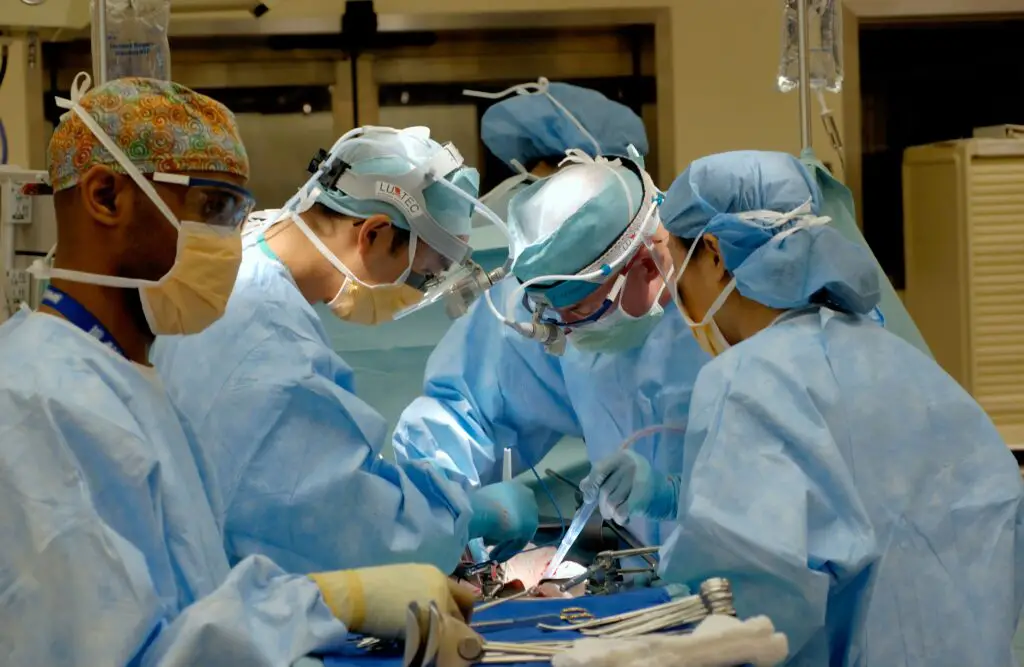Introduction
Well, a dream does not materialize by magic; it demands passion, commitment, and hard effort. And many people are gladly prepared to exert their maximum effort for those appealing initials ‘Dr’ in front of their name and endure any difficulties and failures that come their way. Let us see Is medical school hard or not in this article.

Is Medical school hard?
Unfortunately, most medical aspirants believe that answer to this question is “yes”. This profession tests your patience, intelligence, consistency, diligence, and determination. And, if you can study for long hours and are not scared of those big, heavy volumes then this article is for you to judge whether the med school is hard or not.
Some of the difficulties which medical aspirants face
1. Opting for science as a high school subject-
Selecting your high school courses is the first step in the long process of becoming a doctor. Those who want to become doctors typically enroll in science courses including biology, organic chemistry, and biochemistry. However, these subjects are not a cup of tea for many students. They find these topics difficult to understand and are unable to sit for the long periods needed to study them. So, if you sincerely believe that these topics are simple and engaging for you, go closer to your goal. It’s necessary for those who performed well in undergraduate school to consider whether a career in medicine is the best fit before applying to medical school. For this, aspirants can participate in extracurricular events, perform a hospital shadow, or speak with a doctor to have a better understanding of this field. You will get the opportunity to observe how they manage their work-life balance and the challenges they encounter in their careers here. Understanding all of these is essential since, after earning your highly-valued medical degree, you have to pursue this career for the rest of your life.
2. Clearing Medical College Admission Test (MCAT)
Passing the medical college admissions test (MCAT) is the prerequisite for admission to medical school. It is regarded as one of the most difficult entrance exams for graduate schools in the nation. It is a lengthy exam, requiring the taker to spend at least 7 1/2 hours, including pauses between sections, and answering 230 questions on a variety of topics. To pass this test, memorization alone will not be sufficient. One needs to be capable of problem-solving questions and be ready for tough and situational questions as well. The required score range is around 510 to get admission. So, one has to prepare hard to clear this cutthroat competition.
3. Studies in medical school
Now if you are intelligent and lucky enough to clear the MCAT, then here you get a chance to enroll in a med school. Although pre-med coursework and exams must have taught you how to work long hours. But you have to roll up your sleeves now since life here is going to be much harder than in premed days. Medical subjects are extensive. You have a lot of information and specifics to remember in a short period. One has to absorb the professor’s lesson as the learning is not just about getting good grades but also one has to use them practically on patients. Anxiety and pressure are high during exams. You’ll have a lot of sleepless nights and long for more time to complete your planning.
Making notes and reviewing them frequently, using good time management techniques, and participating in group studies with friends are some ways that can be used to make life in medical school easier. Your knowledge and speed of learning will benefit from group studying with your friends. Additionally, it will also boost your confidence and enable you to share your tension.
4. Passing part I and part II of the United States medical licensing examination
The fact that every milestone in medical school is marked by an exam that will either advance you to a higher level or put you behind is one of the numerous factors that make it difficult. Students must pass the United States Medical Licensing Examination (USMLE) to legally practice medicine in the United States. The three-part test is given both during and after medical school. Before beginning the third year of studies, the first part of the exam must be passed. Students must pass the second exam portion during their fourth year.
5. Enrolling into residency
Well, if you want to do further specialization you have to apply for a residency, which once again is a very competitive process. You will need to work hard on your academic achievement during medical school as an MSPE letter and medical transcript are required in the application procedure for residency. Strong results in the USMLE I and USMLE II are crucial for enrollment into residency.
6. Clearing part III of the United States medical licensing exam
The final step of completing residency is again by clearing an exam and this time you have to qualify for part III USMLE which will test the doctor’s command of clinical management skills and capacity to practice medicine safely and effectively.
7. Time-consuming
Apart from extensive studies, long study hours, and the pressure of clearing exam, one thing which most students complained about is the time take to become a licensed practitioner. Completing your medical education requires 4 years of the undergraduate program,4 years of medical school, and three to seven years of residency. It means you have to give 10- 14 years of life to become a doctor.
Conclusion
Medical school is undoubtedly challenging and time-consuming. You are always inundated with new concepts and jargon, but with persistence and hard effort, you can overcome them all and have a rewarding career. As with anything in life, you must first suffer before you can eventually succeed.
